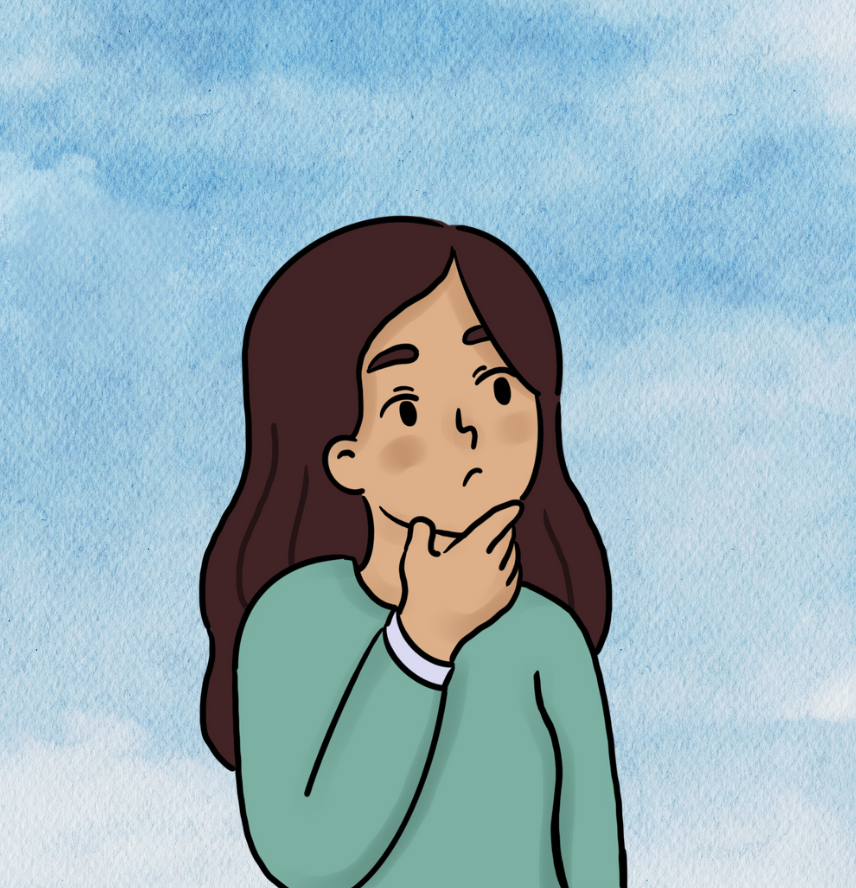Understanding Autism in Adulthood: A Path to Self-Discovery
For many adults, the realisation that they might be autistic comes after years—sometimes decades—of feeling different without knowing why. Autism is often associated with childhood, but many individuals go undiagnosed until adulthood, especially those who masked their traits or were misinterpreted growing up. Seeking a diagnosis as an adult can be a transformative journey toward self-understanding, self-compassion, and accessing the right support.
What Does Autism Look Like in Adults?
Autism presents differently in each individual, and adults who seek a diagnosis often recognise themselves in descriptions that go beyond childhood stereotypes. While every autistic person is unique, some common traits include:
Social Differences: Difficulty understanding social cues, feeling drained after social interactions, preferring deep conversations over small talk, or struggling to navigate workplace dynamics.
Sensory Sensitivities: Heightened sensitivity to sounds, textures, lights, or smells, or seeking sensory input through movement, fidgeting, or specific textures.
Routines and Repetition: A strong preference for routines, intense focus on interests, or feeling distressed by unexpected changes.
Communication Styles: Literal interpretation of language, which can make it difficult to understand sarcasm or idiomatic phrases like, “barking up the wrong tree”. Struggling with implied meanings, for example, the use of the phrase “I’m trying to concentrate” could mean “please be quiet”. Or finding verbal expression challenging in certain situations.
Masking and Burnout: Many undiagnosed autistic adults learn to “mask” or camouflage their traits to fit societal expectations, which can lead to exhaustion, anxiety, and burnout over time.
The Process of Getting Diagnosed
Seeking an autism diagnosis as an adult often starts with self-reflection and recognising patterns in your own experiences. The process typically includes:
Initial Self-Assessment: Many adults begin by researching autism and taking self-screening questionnaires to see if their experiences align with common autistic traits.
Consulting a Professional: A psychologist can conduct a comprehensive assessment, which includes clinical interviews, developmental history, and diagnostic tools.
Receiving a Diagnosis (or Further Exploration): If you meet the criteria for autism, the diagnosis can provide clarity and validation. If not, the assessment process may still help uncover other neurodivergences, such as ADHD, anxiety, or sensory processing differences.
How a Diagnosis Can Help
Receiving an autism diagnosis as an adult isn’t about labeling—it’s about understanding. Many people describe it as an “aha” moment that brings relief, explaining lifelong struggles and strengths. A diagnosis can help by:
Providing Self-Understanding: It offers a framework to understand why certain things may have felt difficult or different throughout life.
Validating Past Experiences: Many adults feel reassured knowing that their challenges weren’t due to personal failings but rather a different neurotype.
Accessing Support and Accommodations: A diagnosis can open doors to workplace accommodations, therapy, community support, and coping strategies that align with neurodivergent needs.
Fostering Self-Compassion: Recognising oneself as autistic can help reduce self-criticism and promote self-acceptance, allowing individuals to embrace their strengths and needs.
Moving Forward with a New Understanding
If you suspect you may be autistic, know that you are not alone. Understanding your neurodivergence can be an empowering step toward living authentically, finding supportive communities, and creating an environment that nurtures your well-being.
Clarity Assessments offer comprehensive adult autism assessments in a supportive and affirming environment. If you’d like to explore whether an autism diagnosis could help bring clarity and self-understanding, we’re here to guide you through the process with care and respect. Click here to find out more.
Autism is not something to be “fixed” or “overcome”—it’s a valid and meaningful way of experiencing the world. Whether you seek a diagnosis or are just beginning to explore, your journey is valid, and your experiences matter.
